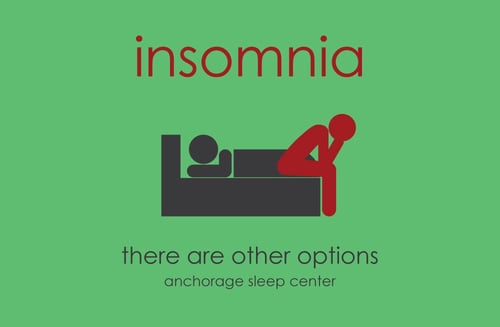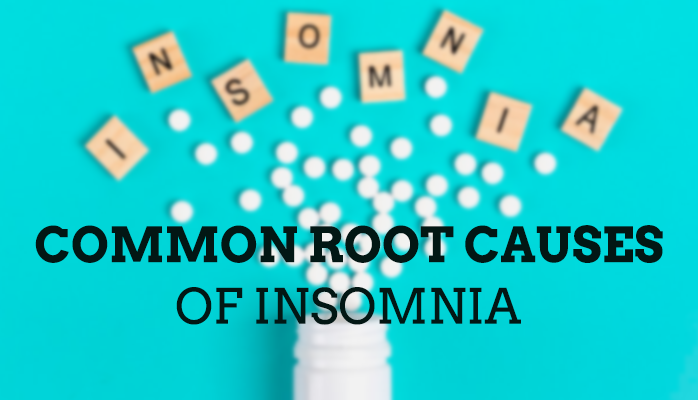Primary vs Secondary Insomnia
Before talking about causes of insomnia, it is important to understand that there are two types of insomnia:
- Primary insomnia
- Secondary insomnia
Adding to this is that there are two modes of insomnia as well, which describes the causes of insomnia:
Secondary insomnia means that you have insomnia as a direct result or symptom of something else, such as a health condition, medication, pain, substance abuse, etc. For example, depression can be an underlying cause for insomnia.
Primary insomnia means that your trouble sleeping is not directly related to some other underlying issue.
Acute vs Chronic Insomnia
In addition to these two types of insomnia, there are two types of insomnia depending on how long it lasts:
- Acute insomnia
- Chronic insomnia
Acute insomnia is short-term, usually lasting about a month.
Chronic insomnia is symptomatic, long term insomnia, which is defined as insomnia at least three nights per week for a month or more
So, in total, there are four possible different types of insomnia:
- Secondary/acute insomnia – temporary insomnia in response to a temporary illness, stress, etc.
- Primary/acute insomnia – temporary insomnia for no discernable reason
- Secondary/chronic insomnia – chronic insomnia in response to (usually) chronic life problem such as pain, long term illness, etc.
- Primary/chronic insomnia – chronic insomnia with no discernible cause
With these in mind, here are common causes of insomnia.
Causes of Insomnia
Age Risk Factors for Insomnia
As we age, our sleep cycles change and bedtimes tend to be earlier, wake times tend to be earlier, and japs are required throughout the day. People over the age of 60-65 are more likely to have insomnia and report trouble with sleep.
This is likely due to natural biological changes, and also because as we age we are more likely to take certain medications that affect sleep.
Disease Risk Factors for Insomnia
Many diseases can affect our ability to sleep, and make us at risk for developing insomnia:
- Diabetes
- Kidney disease
- Lung disease
- Arthritis
- Heart disease
- Heavy smoking
- Sleep apnea
- Restless leg syndrome (RLS)
- Addiction
- Parkinson’s disease
- Alzheimer’s disease
- Mental disease
Medication Risk Factors for Insomnia
 Certain medications cause insomnia (primary) as a side effect, and include:
Certain medications cause insomnia (primary) as a side effect, and include:
- Diet pills
- Steroids
- High blood pressure medications
- Theophylline
- Phenytoin
- Levadopa
- Decongestants
Gender Risk Factors for Insomnia
Insomnia is more common in women than men. Biological aspects of being female like pregnancy, premenstrual syndrome, and menopause can increase your risk for developing insomnia.
Psychological Risk Factors for Insomnia
Psychological factors are some of the most common root factors for developing primary insomnia, and include:
- Depression
- Anxiety
- Stress from marriage/job/health issues
Lifestyle Factors for Insomnia
Lastly, insomnia is also commonly caused by lifestyle choices that make sleep difficult, such as:
- Shift work
- Poor pre-sleep habits (screens, diet)
- Drinking before bed
- Drinking too much coffee
- Jet lag
- Poor sleep environment – noisy, bright, distractions, etc.
- Exercising close to bed time
If you live in Alaska and are worried that you are struggling with insomnia, please click the orange button below to take a free online sleep test and talk with one of our sleep health professionals.


